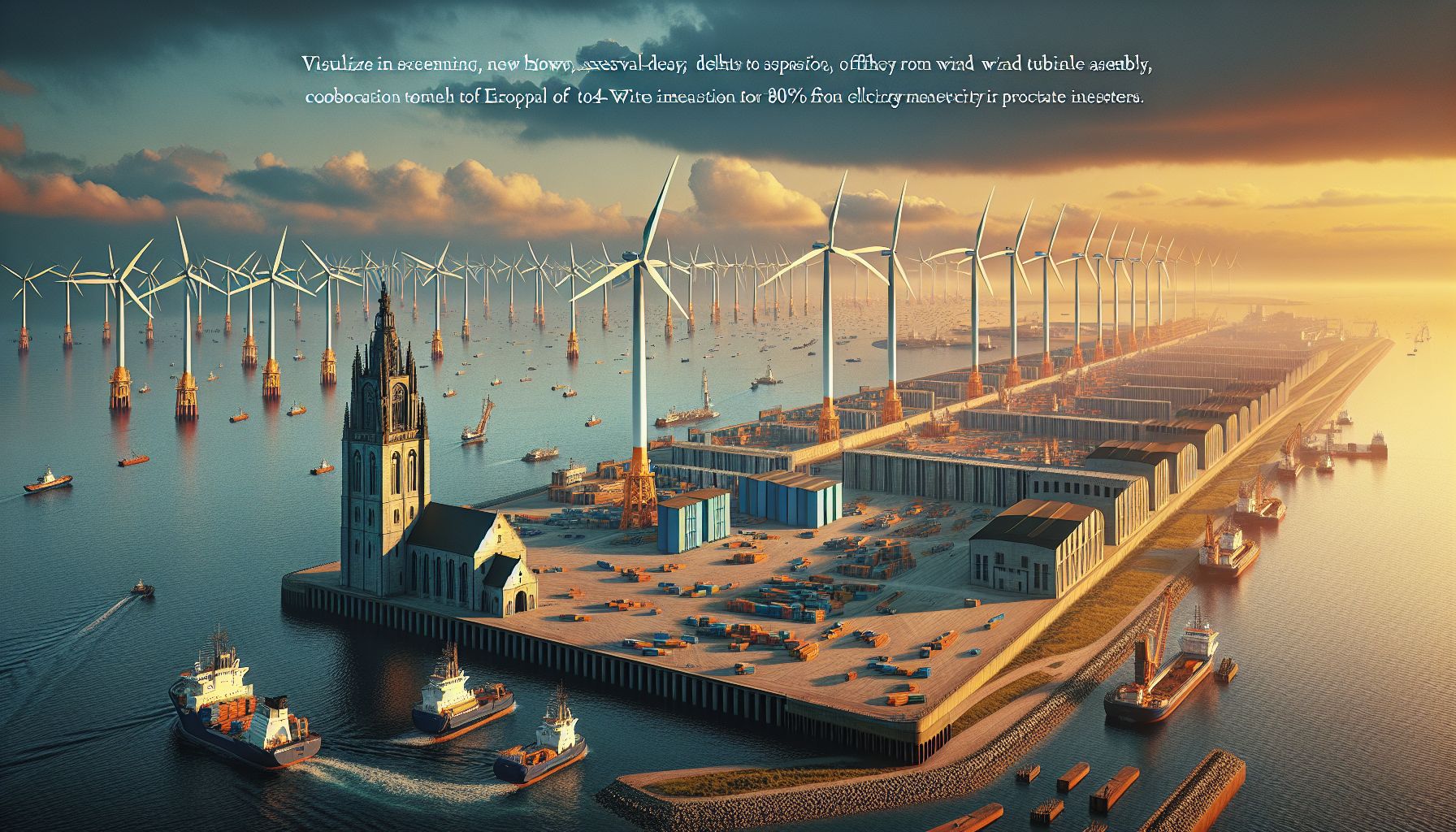Germany's €300 Million Port Expansion Powers Offshore Wind Future

Cuxhaven, Tuesday, 26 November 2024.
In a significant boost to Europe’s renewable energy infrastructure, Germany has initiated a landmark expansion of Cuxhaven Port. The €300 million project, jointly funded by federal, state, and private investors, will create three new heavy-duty berths specifically designed for offshore wind turbine assembly. This expansion comes at a crucial time, as Germany struggles to meet its 2024 wind power targets, currently achieving only 37% of planned capacity. The project, receiving EU approval in September 2024, marks a vital step toward Germany’s ambitious goal of generating 80% of its electricity from renewable sources by 2030.
Strategic Investment for Renewable Energy
The expansion at Cuxhaven Port is a strategic investment aimed at bolstering Germany’s renewable energy capacity. With a strong focus on offshore wind energy, the project is set to play a pivotal role in supporting the nation’s energy transition, known locally as ‘Energiewende’. The development of three new berths will significantly enhance the port’s capability to manage the logistics of large-scale wind turbine assembly and deployment.
Government and Private Sector Collaboration
This infrastructure project is a collaborative effort between the federal and state governments along with private sector contributions. The funding breakdown includes €100 million each from the federal government, state authorities, and private investors, demonstrating a robust public-private partnership model. Such collaborations are crucial in meeting the financial demands of large-scale renewable energy infrastructure projects.
EU Approval and Economic Implications
The European Union’s approval in September 2024 was a critical step, as EU regulations ensure that state aid does not distort market competition. This approval underscores the project’s compliance with stringent EU subsidy rules aimed at fair competition. The expansion is expected to provide economic benefits by creating jobs and enhancing Cuxhaven’s role as a key hub in the renewable energy supply chain.
Future Prospects and Renewable Energy Goals
As Germany accelerates its efforts to achieve 80% renewable energy by 2030, the expansion of Cuxhaven Port is a timely development. By addressing current shortfalls in wind power capacity, the project supports national targets and contributes to global climate change mitigation efforts. With the port’s new capabilities, Germany is poised to strengthen its position as a leader in renewable energy technology and infrastructure.

